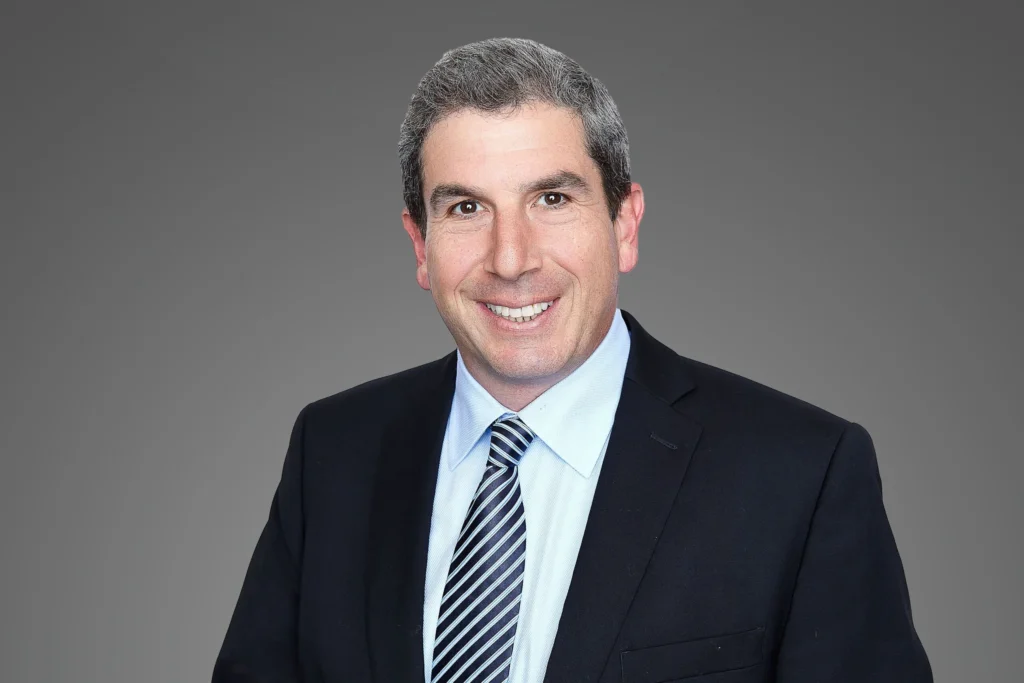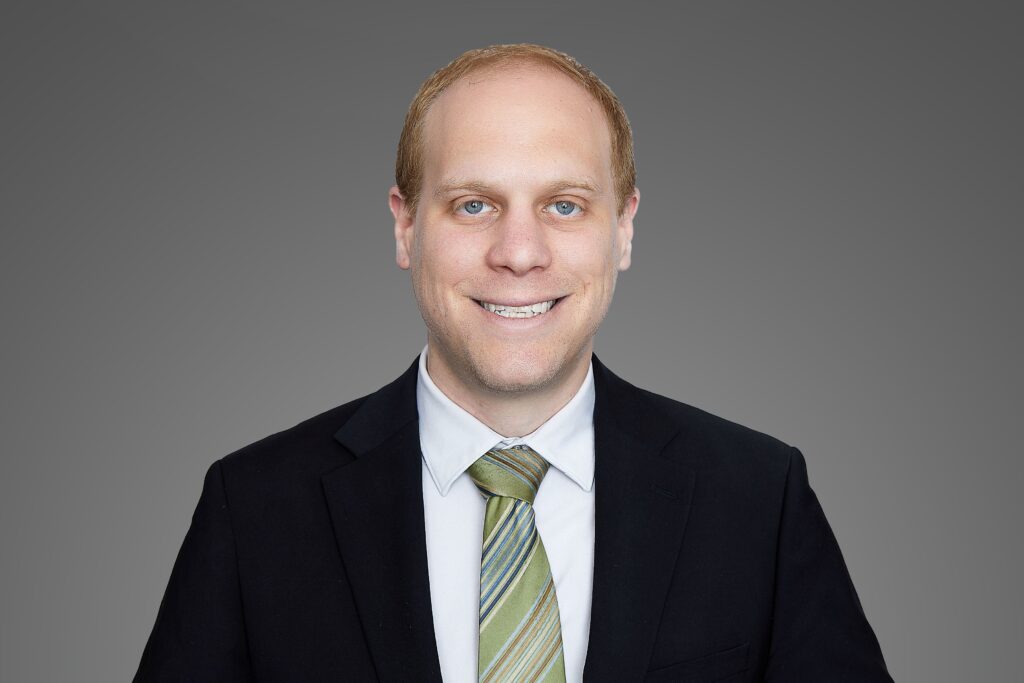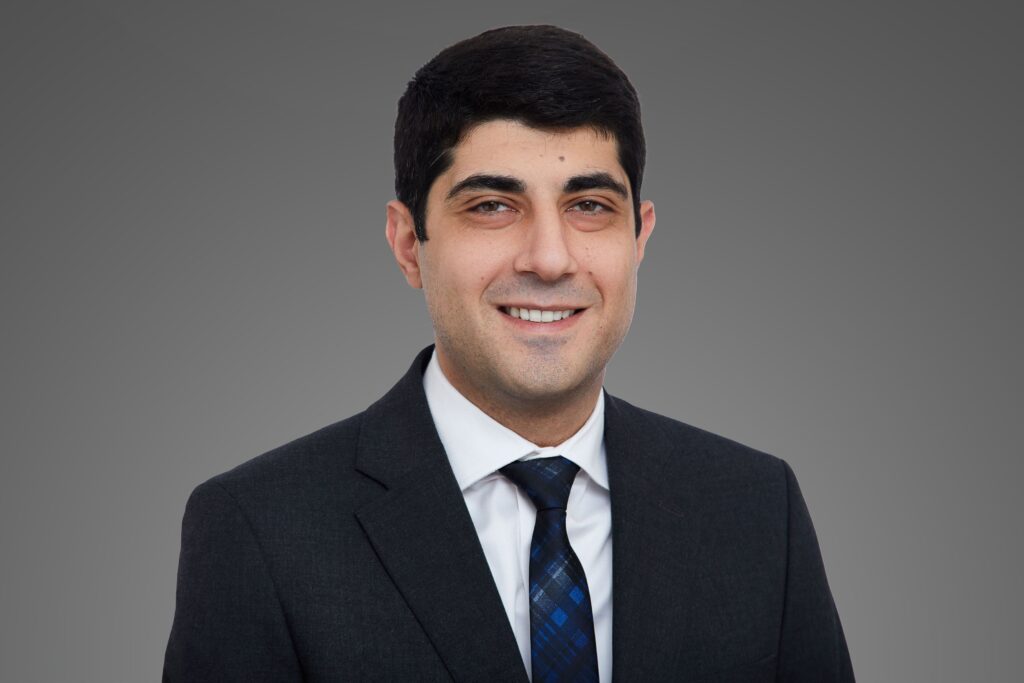Uber and Lyft are two of the largest app-based ride-sharing operators in the country, responsible for 68% and 32% of U.S. rideshare spending, respectively.
Like other firms in the gig economy, Uber and Lyft use a profit model in which drivers are recognized as independent contractors instead of full-time employees. This exempts these companies from covering their drivers’ health insurance, taxes, personal injury protections, overtime, and minimum wages. Since they’re treated as self-employed contractors, drivers don’t have the legal rights to unionize or negotiate contracts.
The fight against AB5
In August 2020, Uber and Lyft won a battle against lawmakers in California over how their employees are categorized and compensated. The lawsuit alleges that both ride-sharing operators violated the state’s new labor law, Assembly Bill 5 (AB5), by misclassifying their workers as contractors instead of full-time employees.
Assembly Bill 5 (AB5) aimed to transform how companies like Uber and Lyft do business and treat their workers. By performing the ABC test, a worker will be classified as an employee or independent contractor in California.
For them to be considered independent, workers must:
- “Be free from the control and direction of the hiring entity,”
- Perform work “outside the usual course of the employer’s business,”
- “Be customarily engaged in an independently established occupation, business, or trade of the same nature as that involved in the work performed.”
The lawsuit came to a halt when both Lyft and Uber reached an agreement with the state to continue service.
What is Proposition 22?
However, in November 2020, 58% of California voters approved Proposition 22, a measure that exempted ride-hailing businesses from treating their drivers as employees under state law.
While Prop 22 mandates that ride-sharing drivers are now entitled to minimum hourly wages, they are still excluded from receiving other benefits such as paid sick leave and health insurance. As independent contractors, these drivers are also left unprotected from personal injury claims, workplace harassment, wage theft, and discrimination.
What’s next for ride-sharing drivers?
Following the passing of Prop 22, union labor groups and app-based drivers in California challenged its legality in state court. The drivers claim that Prop 22 violates the state’s constitution by removing workers’ rights to organize and receive full protection that comes with employment.
In August 2021, Alameda County Superior Court Judge Frank Roesch ruled Proposition 22 as unenforceable and unconstitutional. According to Roesch, Prop 22 infringes on workers’ compensation and hampers the Legislature’s power when it comes to collective bargaining.
Protect App-Based Drivers and Services, the group representing Lyft, Uber, Instacart, DoorDash, and other organizations supporting Proposition 22, reportedly plans to appeal the ruling.
Once an appeal is filed, gig companies may ask for a stay of Roesch’s ruling. Prop 22 will remain valid throughout the appeals process, which can last for more than a year. This means rideshare drivers and delivery service providers will continue to be denied their basic workers’ rights and protections until the next ruling.
Experienced attorneys on your side
Whether you’re fighting against improper wages or personal injury claims and you’re unsure of how to proceed, don’t hesitate to get in touch with Haffner Law.
Our attorneys have successfully handled countless personal injury claims and class action lawsuits against large corporations. Schedule a consultation now and get legal support every step of the way.







